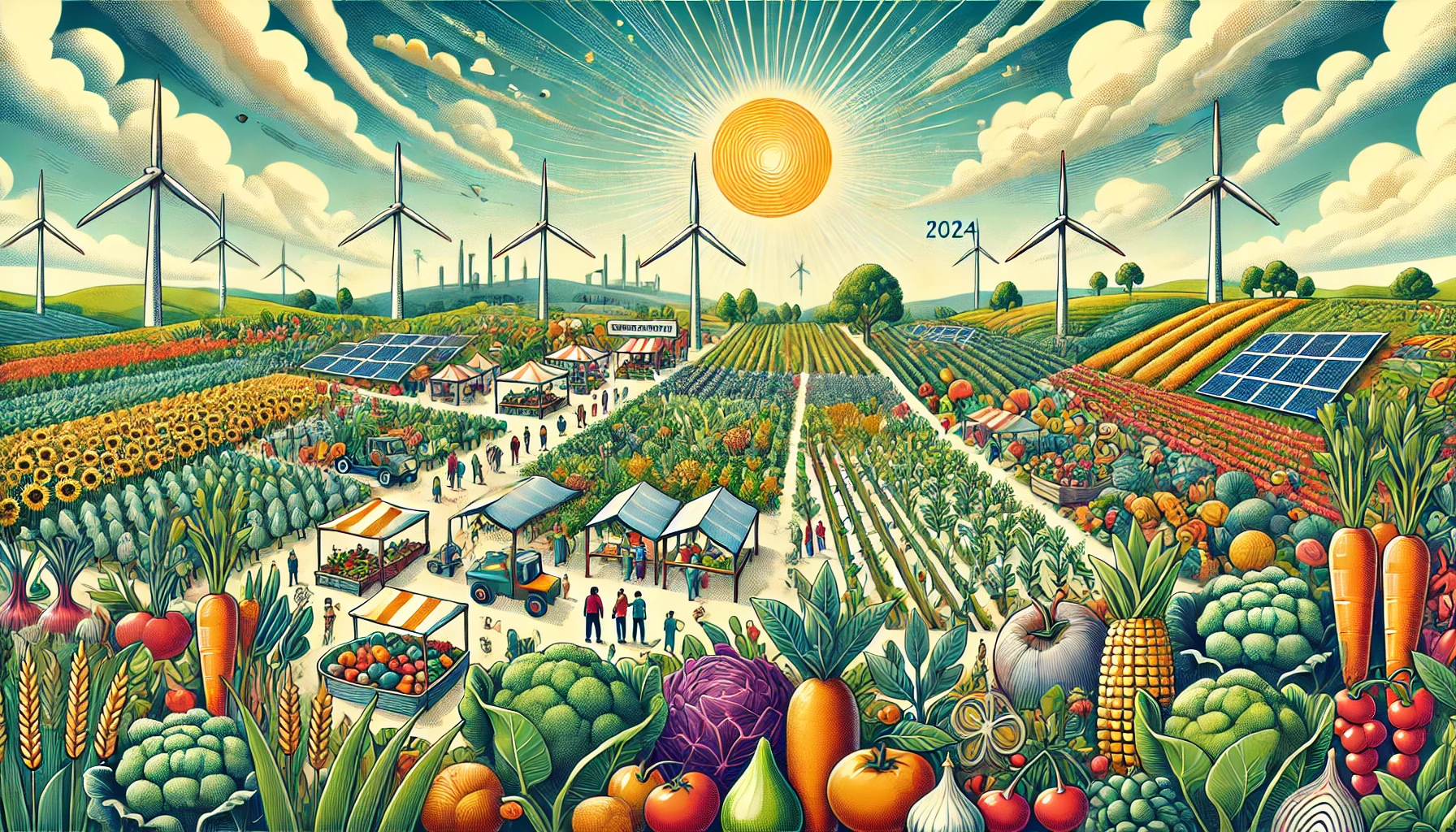World Food Day, observed annually on October 16, is a global event aimed at combating hunger. First established in 1979 by the Food and Agriculture Organization (FAO) of the United Nations, this day coincides with the FAO’s founding and serves to highlight its mission. Each year, various events are organized to raise awareness about the importance of food security worldwide. The theme for World Food Day 2024 focuses on the right to food as essential for a better life and future. It emphasizes the need for diverse, healthy, and safe food options accessible to everyone.
The Significance of World Food Day
Food is more than just a basic need; it’s a vital part of our humanity. This year, the FAO emphasizes that everyone should have access to a diverse range of nutritious foods that are both affordable and readily available. Despite the fact that the world produces enough food to feed everyone, around 10% of people still experience hunger. This stark inequality highlights the urgent need to change how we grow and distribute food.
World Food Day serves as a powerful reminder that achieving food security relies on sustainable agricultural practices. By adopting these methods, we can protect our ecosystems, reduce greenhouse gas emissions, and promote biodiversity—all while ensuring that everyone has access to a healthy diet.
How You Can Make a Difference
On World Food Day, there are plenty of meaningful ways for individuals and communities to make a difference:
- Learn More: Start by educating yourself about the global food system, food insecurity, and sustainable farming practices. The more you know, the better equipped you’ll be to advocate for change.
- Support Local Farmers: Whenever possible, buy food from local farmers who prioritize sustainability. This not only helps lower your carbon footprint but also strengthens the community by supporting small-scale producers who care about eco-friendly practices.
- Cut Down on Food Waste: Be conscious of how much food you buy and use. Planning your meals, composting, and getting creative with leftovers can help you reduce waste at home and in your community.
- Speak Up: Get involved in conversations about food policies. Support initiatives that focus on reducing food waste, improving access to food, and encouraging sustainable farming practices at both local and national levels.
- Get Involved: Consider volunteering with local food banks or organizations that tackle food insecurity. Donating non-perishable items or offering your time can make a real difference in people’s lives.
The Journey Forward
World Food Day has been celebrated in over 150 countries since it was established, making it one of the most important days on the United Nations calendar. This highlights the reality that food insecurity is a global challenge, and each of us has a role to play in combating hunger and promoting sustainable food systems.
This World Food Day, let’s take action to make sure everyone has access to a variety of healthy and nutritious foods. Together, we can work toward a world where food is recognized as a right and healthy living is attainable for all. Get involved, raise your voice, and support efforts to create a more sustainable planet.









